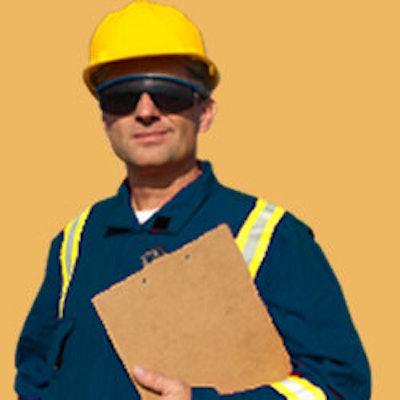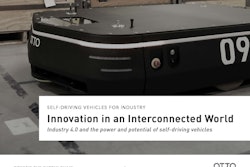
Do you find yourself deliberating over whether you should acquire a manual or automated forklift? Do you need a new addition to your fleet but find yourself on a budget? While the differences may be subtle, there are benefits to selecting either of these two options.
Both manual and automated forklifts yield both short-term and long-term benefits. Manual forklifts are known for the ergonomic value and energy efficiency. Automated forklifts are known for their ease of use and as universally friendly, especially to novice operators.
There are multiple positives to selecting either a manual or automated forklift. Below is an analysis of how both can aid your material handling operation:
Manual Forklifts
Generally manual forklifts are cheaper and obviously more energy efficient and economical. In most instances, manual forklifts can be over a thousand dollars cheaper than an automated forklift. And though there are many hidden costs with owning a forklift, according to Midland Pallet Trucks, manual forklifts keep those costs to a minimum.
Furthermore, manual forklifts do not require extra attention to batteries or fuel levels; they operate solely on elbow grease.
Another key benefit, manual forklifts breed resourceful and tactical operators. Knowing how to utilize a forklift’s power is a hallmark characteristic of any strong forklift operator. Manual forklifts afford beginners a chance to sharpen their skills and strengthen their techniques before taking a step further to a more automated and electric apparatus.
Nevertheless, while there are many benefits to owning a manual forklift there also are some cons as well. For example, manual forklifts can be a nightmare to use for those operators that are accustomed to using only automated forklifts.
Manual forklifts can be taxing on employees, as the consistent pumping and lifting can fatigue even the most efficient and resourceful veterans. Automated forklifts take away the heavy lifting, and thus may seem like the more affable option long-term.
Automated Forklifts
Automated forklifts do just as their name entails—they automate operations. Automated forklifts usually are electric, gas or hybrid powered. These devices focus less on pneumatic and hydraulic functionality derived from kinetic energy but are honed more from innate power.
Automated forklifts can streamline many business processes and material handling operations. These devices often utilize conveyor systems and simplify pallet jack and skid handling scenarios. In addition, they are easy to use and very easy to train personnel on.
However, automated forklifts can be pricey and expensive to power. The cost of actually running a forklift truck when compared with a manual forklift is not by any means difficult to discern. Whether you purchase an electric forklift that needs to be charged or a gas-operated forklift, energy costs can be substantial.
Automated forklifts also are not very green friendly, and therefore do not promote sustainability or conservation. Nevertheless, automatic forklifts are generally a safe device to use and impervious to many accidents and incidents that may be experienced with a manual forklift.




















